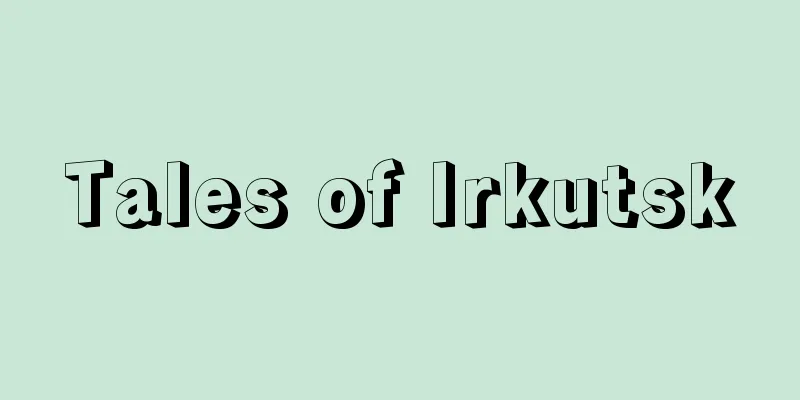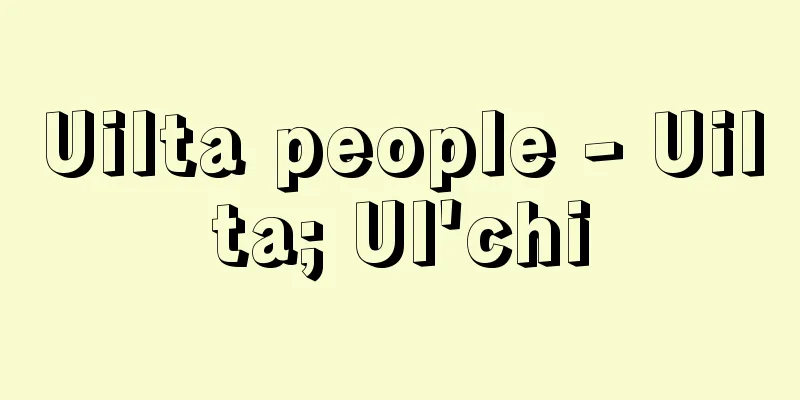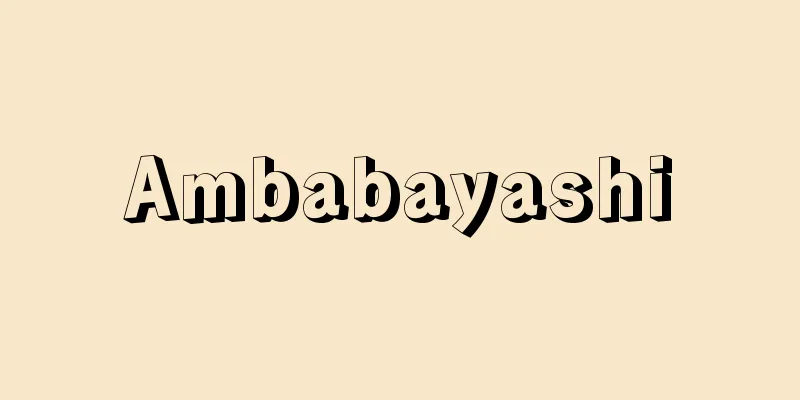Dong-A Ilbo - Dong-A Ilbo

|
Along with the Chosun Ilbo, Donga Ilbo is a representative daily national newspaper with a long history in Korea (Republic of Korea). Its English name is Donga Ilbo. It was first published on April 1, 1920, under Japanese rule, as a Korean-language newspaper that "deemed itself an expressive organ for the Korean people." Since then, it has consistently advocated for democracy despite numerous persecutions. It was suspended four times before being forcibly closed by the Government-General of Korea in August 1940. The most famous incident was the erasure of the Hinomaru flag on the chest of Son Kee-chung, the marathon winner at the Berlin Olympics in August 1936, which led to a nine-month suspension of publication (the Hinomaru Flag Erasure Incident). After World War II, it was relaunched in December 1945, and in the late 1950s, it became an opposition newspaper that criticized the dictatorship of Syngman Rhee. It resisted the oppression of media outlets under the military regime of Park Chung-hee, and maintained its spirit of resistance even under the Chun Doo-hwan administration in the 1980s, supporting the democratization movement through its pages. When first published it was published as an evening edition, but changed its publication format several times to suit the times, changing from an evening edition to a morning edition in 1993, which it remains in today's form. It then aimed to become a comprehensive media company, and in 2000 completed a media center equipped with advanced information systems. It is also actively publishing international editions and partnering with overseas media. It has a circulation of 1.28 million copies (2009, Korea ABC Association). Its headquarters are in Seoul. [Kei Suzuki and Ayako Kimura] [References] | | | | | |Source: Shogakukan Encyclopedia Nipponica About Encyclopedia Nipponica Information | Legend |
|
『朝鮮日報』と並び韓国(大韓民国)で歴史のある代表的な日刊全国紙。欧文表記はDonga Ilbo。日本の統治下にあった1920年4月1日に「朝鮮民衆の表現機関を自任する」韓国語新聞として創刊され、以来幾多の迫害を受けながら、一貫して民主主義擁護の立場を表明してきた。1940年8月朝鮮総督府によって強制廃刊させられるまで、四度の停刊処分を受けた。もっとも有名なのは、1936年8月ベルリン・オリンピックでマラソン優勝者となった孫基禎(そんきてい/ソンキジョン)選手の胸の日章旗を抹消して紙面に掲載、9か月間の発行停止となった事件(日章旗抹消事件)である。第二次世界大戦後は1945年12月に復刊、1950年代後半には野党系の新聞として李承晩(りしょうばん/イスンマン)の独裁を非難。朴正煕(ぼくせいき/パクチョンヒ)軍事政権下の言論機関弾圧にも抵抗し、1980年代の全斗煥(ぜんとかん/チョンドファン)政権下でも抵抗精神を保ち、紙面を通じて民主化運動を支えた。創刊当時は夕刊として発行されていたが、その後時勢にあわせて数回発行形態を変更、1993年には夕刊から朝刊に変更、現在に至る。その後総合メディア企業を目ざし2000年には先端情報システムを備えたメディアセンターを完成した。国際版の発行や海外メディアとの提携にも積極的である。発行部数は128万部(2009年、韓国ABC協会)。本社はソウル。 [鈴木ケイ・木村綾子] [参照項目] | | | | | |出典 小学館 日本大百科全書(ニッポニカ)日本大百科全書(ニッポニカ)について 情報 | 凡例 |
<<: Tuamotu [Islands] - Tuamotu
>>: East Asian Common Study School
Recommend
Numbat (English spelling)
Also known as the giant larva. A marsupial mammal ...
Kingdom of Ankole - Kingdom of Ankole
A kingdom in Uganda, East Africa. In 1898, the Bri...
Caucasus [mountain range] - Caucasus
Also known as the Caucasus Mountains. A folded mou...
Foreign currency financing
This refers to financing conducted in foreign curr...
Hua Hong-ming; Ku Hung-ming
Born in 1857 in Penang, Malaya. [Died] 1928. A sch...
Coincidence method
A type of measurement method in which the spatial ...
Phasianus soemmerringii soemmerringii (English spelling) Phasianussoemmerringiisoemmerringii
…[Ryozo Kakizawa]. … *Some of the terminology tha...
Records of the Great Tang Dynasty in the Western Regions
A book written by the Tang Dynasty monk Xuanzang ...
Belly Art (belly art) - Haragei
A Kabuki acting term. It refers to expressing psyc...
Iwano Homei
Poet, critic, novelist, and playwright. His real ...
Shaving the baby hair - Ubugesori
...The sekkakure (toilet) pilgrimage is seen in t...
Horse-dumping ground - Umasuteba
…Therefore, eating horse meat was avoided in the ...
Emergency Command Center - Emergency Command Center
… Fire and disaster prevention helicopters are de...
Scaliger, JC (English spelling) ScaligerJC
…Their era was, so to speak, the preparatory peri...
Takasato [Village] - Takasato
A village in Yama District, northwest of Fukushima...









